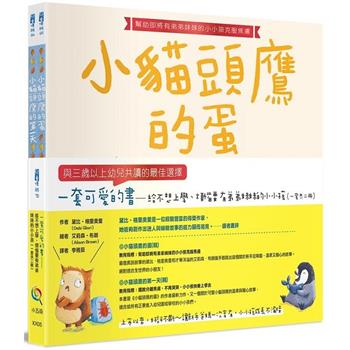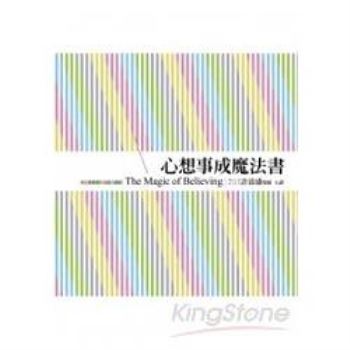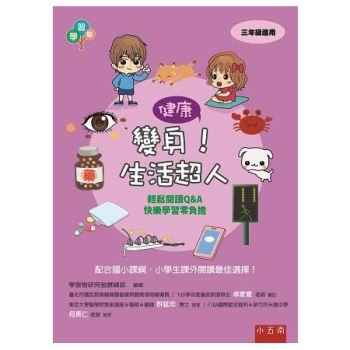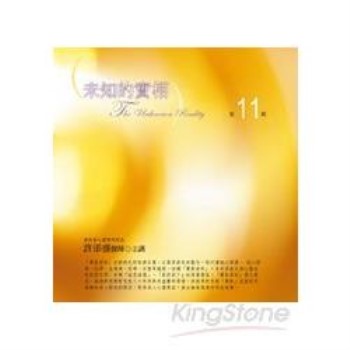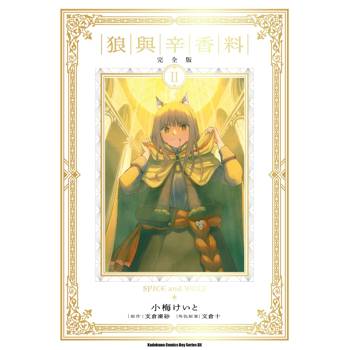Instead of making readers into better people, what if fiction could help us to become better animals? On Fiction and Being a Good Animal argues that we should abandon the persistent humanist idea that fiction can produce better people. Instead, we should read and value fiction according to its ability to help us to envision being better animals. Inspired by Theodor W. Adorno, David Rando defines a good animal as one who does not live a life of domination. He argues that when readers approach fiction’s wishful images with non-anthropocentric expectations, we are rewarded by anthropocosmic visions of the world - ones in which humans are in and with the world but no longer at the centre of it.
In compelling readings of Agustina Bazterrica, T. C. Boyle, Leonora Carrington, Marian Engel, Karen Joy Fowler, Franz Kafka, Doris Lessing, Clarice Lispector, Kenzaburo Oe, Olga Tokarczuk, and Jesmyn Ward, the book explores wishful images that pertain to the nonhuman and more-than-human worlds. Readers will discover in this fiction wishful images relating to irreconcilable minds and experiences, human-nonhuman family relationships, love and risk across race and species, and shared vulnerability, communion and pleasure.
| FindBook |
有 1 項符合
On Fiction and Being a Good Animal的圖書 |
 |
On Fiction and Being a Good Animal 作者:Rando 出版社:Edinburgh University Press 出版日期:2024-10-31 語言:英文 規格:精裝 / 172頁 / 普通級/ 初版 |
| 圖書館借閱 |
| 國家圖書館 | 全國圖書書目資訊網 | 國立公共資訊圖書館 | 電子書服務平台 | MetaCat 跨館整合查詢 |
| 臺北市立圖書館 | 新北市立圖書館 | 基隆市公共圖書館 | 桃園市立圖書館 | 新竹縣公共圖書館 |
| 苗栗縣立圖書館 | 臺中市立圖書館 | 彰化縣公共圖書館 | 南投縣文化局 | 雲林縣公共圖書館 |
| 嘉義縣圖書館 | 臺南市立圖書館 | 高雄市立圖書館 | 屏東縣公共圖書館 | 宜蘭縣公共圖書館 |
| 花蓮縣文化局 | 臺東縣文化處 |
|
|
圖書介紹 - 資料來源:博客來 評分:
圖書名稱:On Fiction and Being a Good Animal
內容簡介
作者簡介
David Rando is a Professor of English in the Department of English at Trinity University, Texas, USA. He is the author of four books: Doing Animal Studies with Androids, Aliens, and Ghosts: Defamiliarizing Human-Nonhuman Animal Relationships in Fiction (2023), Hope, Form, and Future in the Work of James Joyce (2022), Hope and Wish Image in Music Technology (2017) and Modernist Fiction and News: Representing Experience in the Early Twentieth Century (2011).
Adorno’s Gamble: Harnessing German Ideology
Adorno’s Gamble: Harnessing German Ideology
The Dialectics of Absolute Nothingness: The Legacies of German Philosophy in the Kyoto School
The Collapse of Freedom of Expression: Reconstructing the Ancient Roots of Modern Liberty
Aristotle’s Discovery of the Human: Piety and Politics in the Nicomachean Ethics
Heidegger: An Introduction
Black Divinity Institutes of the Black Theocracy Shahidi Collection Vol 1 [Remastered]
Bacteria to AI: Human Futures with Our Nonhuman Symbionts
Pink: The History of a Color
The Purpose of the Papacy
Adorno’s Gamble: Harnessing German Ideology
The Dialectics of Absolute Nothingness: The Legacies of German Philosophy in the Kyoto School
The Collapse of Freedom of Expression: Reconstructing the Ancient Roots of Modern Liberty
Aristotle’s Discovery of the Human: Piety and Politics in the Nicomachean Ethics
Heidegger: An Introduction
Black Divinity Institutes of the Black Theocracy Shahidi Collection Vol 1 [Remastered]
Bacteria to AI: Human Futures with Our Nonhuman Symbionts
Pink: The History of a Color
The Purpose of the Papacy
|
